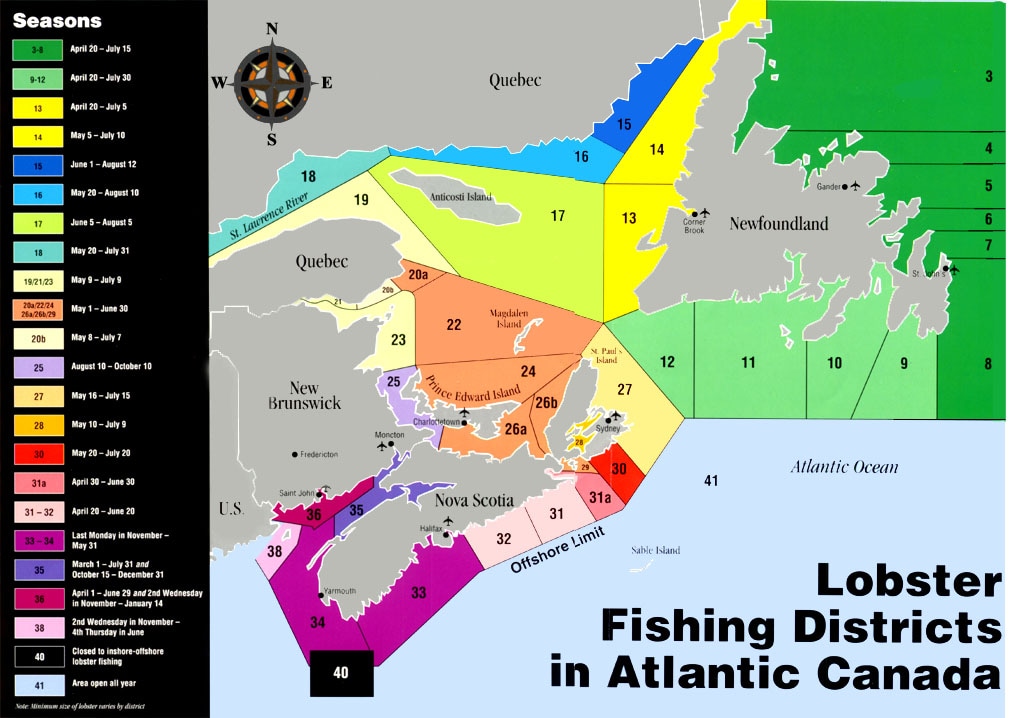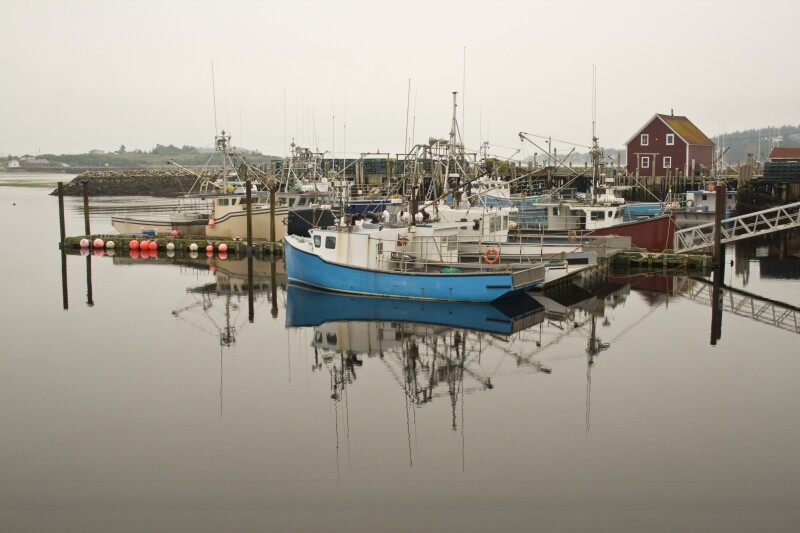Lobstermen from Eastern Canada, also known as the Maritime provinces, walked out of a Tuesday meeting with Fisheries and Oceans Canada (DFO), the federal institution that manages the country’s oceans and fisheries resources.
The meeting started with a discussion of a motion made by harvester representatives to discuss the issues of the ongoing poaching that has been happening in the region. The DFO officials then refused to amend the agenda, according to CTV News Atlantic. 11 fishing association, who represent 3,000 lobster license holders, shared in a statement that Lobster Fishing Areas 27 through 38 then decided to leave the meeting.

Areas 27 through 38 are the fishing grounds that surround Nova Scotia and touch the offshore limits. The statement released by the 11 groups also read, “Black market lobster fishing, out of season, must be stopped. DFO has declared this fishery to be unauthorized and illegal, yet DFO has not taken any steps to end this out-of-season and out-of-control fishing activity. This sanctioned activity has now spread to numerous communities throughout the Maritimes.”
The statement also shared that there are reports that U.S. fishermen have set lobster traps in Canadian waters because the DFO is not maintaining a visible presence in the region. This statement and news follow weeks of tensions building in Nova Scotia. The United Fisheries Conservation Alliance (UFCA), an alliance of commercial fishery stakeholders, filed a lawsuit against Sipenkne’katik First Nation and the Canadian attorney general due to their summer and fall lobster fishery that UFCA deems as unlawful and that they have no treaty right to it. The commercial lobster season begins in late November, so the effects that the poaching has on commercial fishermen are devastating.
In addition to the lawsuit, local lobstermen have been prepared to take matters into their own hands by patrolling the waters and removing the illegal fishing gear- this move could lead to confrontations with poachers. Many federal fishery offers have refused to patrol certain areas due to harassment and threats, including gun and knife violence, leading to commercial harvesters taking authority themselves.
A representative of the lobster harvesters who released the statement said that they would return to the table when DFO is prepared to discuss a plan to end black market, out-of-season fishing, which they have told sources is an “enormous threat” facing the industry.
The 11 inshore fishing associations involved in the statement:
- Bay of Fundy Inshore Fishermen’s Association
- Brazil Rock 33/34 Lobster Association
- Cape Breton Fish Harvester’s Association
- Coldwater Lobster Association
- Eastern Shore Fishermen’s Protective Association
- Fundy North Fishermen’s Association
- Grand Manan Fishermen’s Association
- Guysborough Co. Inshore Fishermen’s Association
- Maritime Fishermen’s Union
- Richmond Co. Inshore Fishermen’s Association
- Scotia Fundy Inshore Fishermen’s Association







